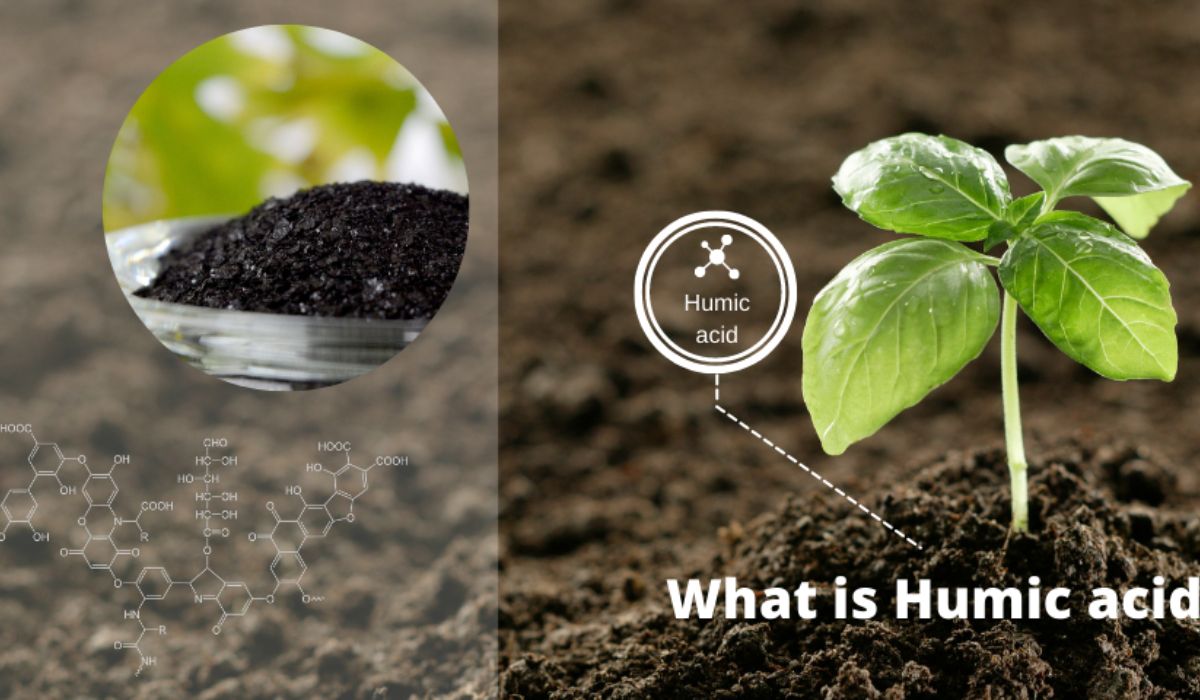Humic acid, a naturally occurring molecule found in humus, has attracted a lot of attention from multiple sectors due to its many useful applications. It’s a natural compound derived from decaying plant and animal materials. The diverse array of macromolecules found in humic acid makes it useful in numerous contexts, including agriculture, horticulture, environmental cleanup, and more. In this post, humic acid uses, we’ll explore humic acid’s many applications and discuss the industries where it has the potential to make an effect.
Soil Amendment
Soil structure, nutrient uptake, and water retention are all boosted by the addition of humic acid. It aids in the improvement of soil structure, allowing for increased root development and nutrient availability in previously compacted soils.
Nutrient Delivery
By chelating these necessary elements, humic acid makes them more bioavailable to the plant. Improved nutrient uptake means less demand for artificial fertilizers like nitrogen, phosphorous, and potassium.
Plant Growth Stimulant
Plants benefit from humic acid because it encourages the growth of stronger roots. In addition to helping seeds germinate, this boosts crop yields and overall food quality.
Environmental Applications
The use of humic acid in waste management and environmental cleanup is essential. Notable applications include:
- Soil and Water Remediation: Cleaning up polluted soil and water thanks to humic acid’s capacity to attach to both inorganic and organic contaminants. It can facilitate the degradation of contaminants through microbial activity and hence lessen the toxicity of contaminated locations.
- Composting Aid: A helpful addition to composting systems, as humic acid has been shown to hasten the breakdown of organic materials. It boosts microbial activity, helps keep nutrients in the compost, and makes the finished product better.
Other Applications:
Supplementing animal feed with humic acid has many benefits, including better digestion, increased nutrient absorption, and better gut health as a whole. Improving animal development and output by decreasing the likelihood of digestive problems.
- Toxin Binder: Humic acid reduces the negative effects of mycotoxins and other pollutants in feed ingredients by binding to them in the animal’s digestive tract. Diseases can be avoided and animal health can be preserved with its aid.
- Bioremediation: The property of humic acid to increase microbial activity makes it useful in bioremediation procedures, where it aids in the breakdown of organic contaminants in soil and water.
- Cosmetics & Personal Care: Humic acid’s antioxidant and anti-inflammatory characteristics make it useful in skincare products.It aids in skin rejuvenation, aging reduction, and general skin health improvement.
Oil drilling, wastewater treatment, and the manufacture of drilling mud are just a few of the industrial applications for humic acid. It’s useful for preventing fluid loss and bolstering clay forms’ stability.
Water Quality Enhancement
In aquaculture systems, humic acid can lessen the amount of hazardous ammonia, keep the pH stable, and make the water clearer. It helps to lessen the strain on fish and other aquatic species, making for a better environment for their development.
Disease Prevention
The use of humic acid as a natural disease preventative in aquaculture has shown promising results. It has antibacterial, humic acid uses, and antiviral characteristics, which make it useful for protecting fish populations from disease.
Growth Promoter
Humic acid has been shown to improve growth rates, feed utilization, and fish performance when added to fish feed. It can help aquaculture enterprises become more productive and lucrative.
Water Treatment
Because of its affinity for organic molecules and heavy metals, humic acid is a useful component in water purification systems. Examples of their uses are:
Drinking Water Treatment
Pesticides, organic waste, and heavy metals can all be removed from drinking water with the help of humic acid. As a result of its inherent coagulant properties, it facilitates the flocculation and sedimentation of contaminants.
Industrial Water Treatment
Humic acid is used to purify wastewater and effluents in commercial and industrial environments. Cleaner water discharge and less environmental effect are both results of its use in the removal of pollutants like dyes, phenols, and hazardous metals.
Swimming Pool and Spa Treatment
Products based on humic acid are also used to keep the water in swimming pools and spas in pristine condition. They contribute to the removal of organic compounds, less chlorine needs, and enhanced visibility.
Conclusion
In sum, humic acid’s useful characteristics and adaptability make it a crucial material in many different fields. Its uses are constantly broadening, and now encompass everything from agriculture and environmental remediation to animal husbandry and personal care. More investigation humic acid uses, and development should lead to the discovery of novel applications for humic acid, allowing us to fully realize its promise for future eco-friendly and sustainable solutions.











